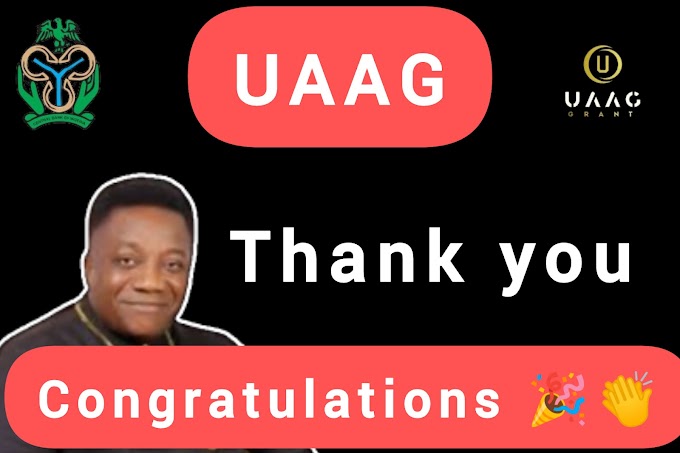A significant clash is brewing between the Federal Government, state governors, and the private sector over the proposed new minimum wage. While the Federal Government is considering a minimum wage of N62,000, state governors and the private sector are pushing back, suggesting that N57,000 is the highest sustainable amount they can offer.
Sources from the Federal Government indicate a willingness to raise the minimum wage to N65,000, but governors argue that any amount above N57,000 would severely limit their ability to fund developmental projects. Insiders reveal that the primary concern for the states is the financial strain that a higher wage would impose, potentially consuming a large portion of their budgets.
Negotiations continue, with Organised Labour, represented by the Nigeria Labour Congress and the Trade Union Congress, rejecting the Federal Government's offer of N60,000. They have lowered their initial demand from N497,000 to N494,000 but remain steadfast in their pursuit of a more substantial increase.
During recent discussions, the Tripartite Committee on the minimum wage, including representatives from the Federal Government and the Organised Private Sector, proposed N60,000, up from N57,000. However, these figures were also deemed unacceptable by Organised Labour.
A series of meetings have been held, with labour unions initially proposing N615,000 before reducing their demand. The latest talks ended without agreement, highlighting the ongoing disparity between the various stakeholders.
NLC President Joe Ajaero criticized the Federal Government's proposals as insufficient, stating that the current N30,000 minimum wage is inadequate for the average Nigerian worker. This sentiment was echoed by labour unions, which initiated a nationwide strike on Monday to protest the government's delay in approving a new minimum wage and reversing the hike in electricity tariffs. The strike, although brief, significantly disrupted economic activities.
In response to the strike, President Bola Tinubu has shown a commitment to raising the minimum wage above N60,000. However, governors argue that such an increase is unfeasible without compromising state budgets. Documents from the Nigeria Governors' Forum (NGF) reveal that many states are already struggling financially, with some unable to afford the proposed N57,000 minimum wage.
The NGF has labeled the N60,000 minimum wage as unsustainable, urging a more realistic and sustainable agreement. The forum highlighted that many states would be forced to allocate nearly all their resources to salaries, leaving little for essential developmental projects.
Despite these challenges, Governor Hope Uzodinma of Imo State expressed optimism, stating that the Tripartite Committee is close to reaching a consensus. He emphasized the need for all parties to consider the broader economic implications and aim for a sustainable resolution.
Meanwhile, the NLC has condemned remarks by Secretary to the Government of the Federation, George Akume, who described the shutdown of the national grid during the strike as "treasonable felony and economic sabotage." The NLC demanded a retraction, arguing that the real economic saboteurs are those involved in corruption and the mismanagement of public resources.
As negotiations continue, all eyes are on the Tripartite Committee to deliver a balanced and sustainable solution that addresses the needs of Nigerian workers without crippling state economies.



